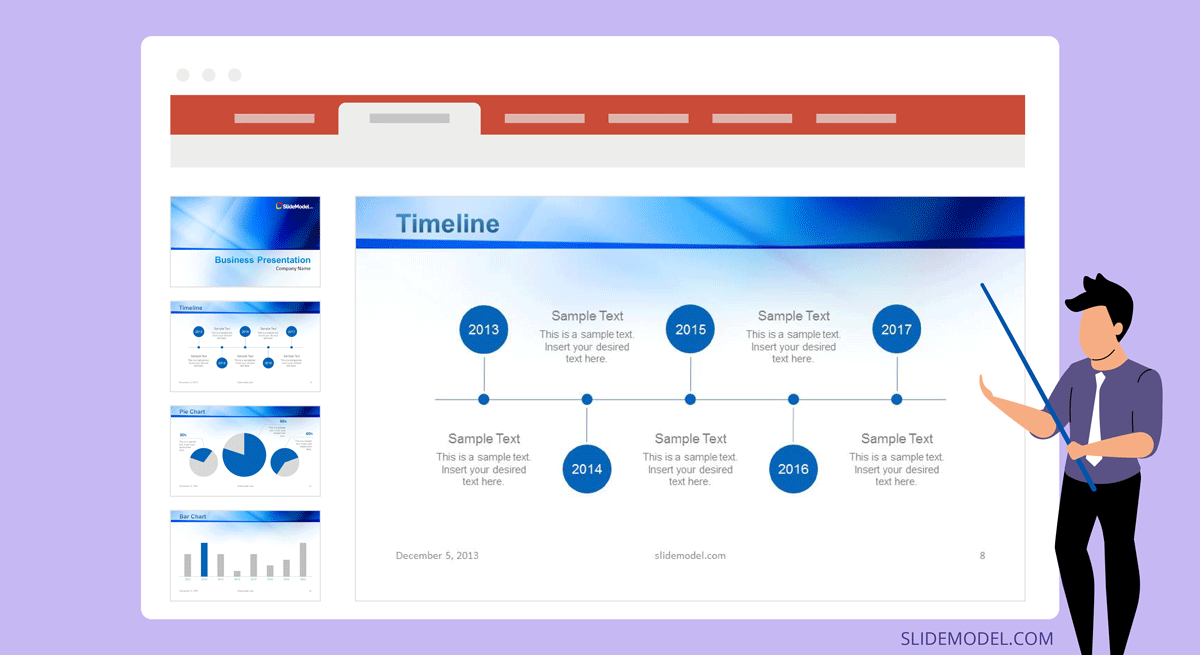Transform Your Organization: Secret Insights Into Administration Offshore Solutions
The adoption of overseas management solutions provides a compelling avenue for businesses seeking to improve operational performance and minimize costs. Understanding how to straighten offshore techniques with more comprehensive company goals-- and what emerging fads might affect this landscape-- can ultimately identify the performance of such campaigns.

Understanding Offshore Administration Solutions
Offshore management solutions incorporate a critical method to handling service operations and sources in worldwide areas, commonly driven by the quest of expense efficiency and accessibility to specialized knowledge. This approach entails the delegation of certain service features to third-party carriers or subsidiaries found in international markets, permitting companies to take advantage of differing labor prices, regulative settings, and technological developments.
The implementation of overseas administration options calls for mindful preparation and execution. Firms should carry out thorough evaluations of potential areas, evaluating factors such as political stability, economic conditions, and the schedule of skilled labor. Additionally, developing efficient communication channels and management oversight is important to making sure that overseas operations line up with the company's overall purposes.
Moreover, services should understand the regulative and compliance challenges connected with offshore procedures. management offshore. Browsing various legal frameworks can be intricate, necessitating a detailed understanding of both regional and worldwide regulations. By strategically utilizing overseas monitoring services, organizations can enhance their operational effectiveness while mitigating risks related to cross-border operations, eventually boosting their competitive setting in the global industry
Benefits of Offshore Methods
Leveraging overseas strategies can yield substantial benefits for companies aiming to boost their functional efficiency and competitiveness. Among the key benefits is expense reduction. By outsourcing specific features to nations with lower labor prices, firms can considerably reduce operational expenses while preserving or even enhancing quality.
Additionally, offshore strategies permit companies accessibility to a diverse skill pool with specialized abilities that may be pricey or scarce in their home country. This accessibility can speed up development and enhance service distribution, as overseas teams usually bring special viewpoints and experience.
Flexibility is another key advantage. Offshore designs allow businesses to scale procedures quickly in feedback to market demands without the lengthy procedures related to working with and training new personnel domestically. This flexibility aids companies continue to be dexterous in a fast-paced organization setting.
Additionally, leveraging overseas methods can help with 24/7 operations, thanks to time area differences (management offshore). This advantage boosts client service and enhances total productivity, as tasks can be completed around the clock
Trick Difficulties to Consider
While the advantages of overseas techniques are engaging, a number of crucial difficulties necessitate cautious consideration. One considerable difficulty is the capacity for communication obstacles. Distinctions in language, time zones, and cultural nuances can hamper reliable cooperation and cause misunderstandings, ultimately influencing task results.
Additionally, browsing the lawful and governing landscape in international jurisdictions can present threats. Firms must make sure conformity with neighborhood legislations, labor guidelines, and tax responsibilities, which can vary substantially from their home country. Failure to comply with these policies can cause serious penalties and reputational damage.
Quality control is one more worry, as companies may discover it challenging to keep the same standards in overseas operations. Irregularity in processes and oversight can bring about inconsistent product and services quality, possibly damaging consumer fulfillment and brand loyalty.

Lastly, there is the concern of information protection. Safeguarding delicate information across boundaries requires durable cybersecurity steps and an read this understanding of worldwide information privacy laws. Without appropriate safeguards, companies risk direct exposure to information breaches and connected responsibilities.
Addressing these difficulties is critical for services seeking to leverage offshore monitoring solutions efficiently.
Best Practices for Implementation
Efficiently carrying out overseas monitoring solutions calls for a tactical method that addresses the challenges identified formerly. Companies need to conduct a thorough demands assessment to determine particular objectives and the extent of the overseas effort. This analysis must include stakeholder interaction to ensure alignment with organization goals.

Moreover, selecting the best offshore companion is essential. Organizations must assess prospective companions based upon their know-how, news cultural compatibility, and functional capabilities. A well-defined contract that lays out duties, expectations, and efficiency metrics will certainly even more protect the collaboration.
Onboarding and educating are additionally crucial parts of effective implementation. Offering ample training for both onshore and overseas groups fosters a unified method and boosts productivity. Finally, companies need to continuously keep an eye on performance and adapt approaches as required to enhance end results.
Future Patterns in Offshore Management
The future of overseas monitoring is positioned for significant improvement, driven by innovations in innovation and evolving business requirements. One major pattern is the enhancing reliance on synthetic intelligence and artificial intelligence to maximize operational effectiveness. These modern technologies allow organizations to analyze substantial quantities of data, automate routine jobs, and improve decision-making procedures, eventually resulting in improved efficiency.
Moreover, there is an expanding focus on remote work capacities, which mirrors a wider approval of distributed groups. Companies are now leveraging cloud-based remedies to facilitate seamless partnership throughout different time areas and geographical boundaries, permitting higher adaptability and access to worldwide talent pools.

Conclusion
Finally, site here changing service operations with overseas management options presents substantial chances for enhanced effectiveness and expense reduction. However, cautious consideration of prospective challenges, such as conformity risks and quality control, is crucial. By sticking to ideal techniques and staying alert in efficiency tracking, organizations can efficiently apply overseas approaches that straighten with overarching corporate objectives. Welcoming future patterns, including AI assimilation and sustainability, will better reinforce the success and resilience of overseas management efforts.
The fostering of offshore administration services presents an engaging avenue for organizations seeking to boost functional efficiency and decrease prices. Additionally, establishing effective communication channels and management oversight is crucial to making sure that offshore procedures line up with the organization's total objectives.
By tactically using overseas monitoring options, companies can enhance their functional efficiencies while mitigating dangers connected with cross-border procedures, ultimately boosting their affordable placement in the global industry.
The future of offshore monitoring is positioned for considerable improvement, driven by improvements in innovation and developing organization needs.In final thought, transforming organization procedures through offshore monitoring remedies provides significant possibilities for improved efficiency and expense decrease.
Comments on “How to Optimize Your Operations with Management Offshore Services”